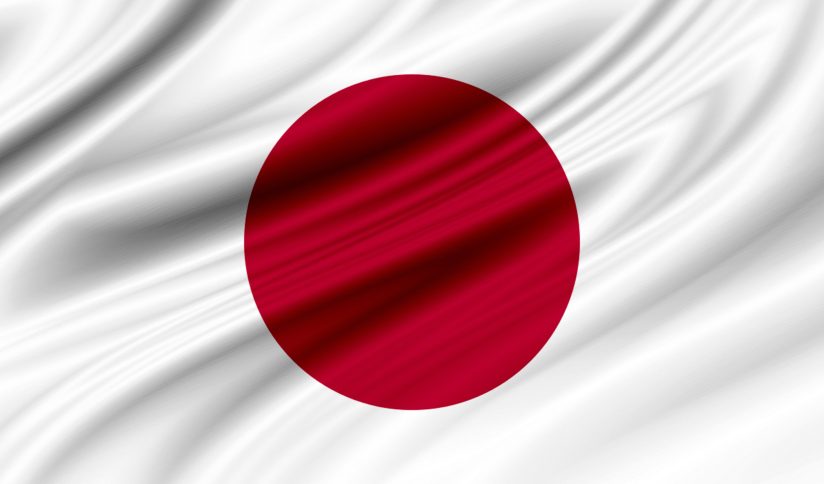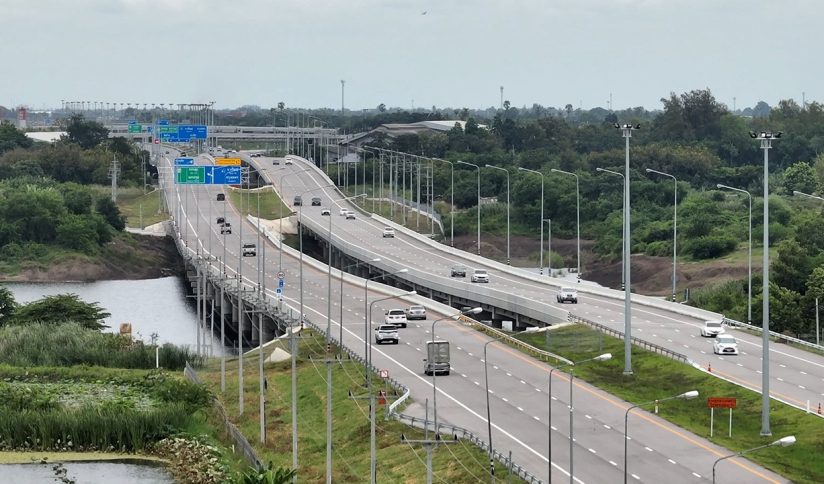Thailand plans to introduce a carbon tax in 2025
December 3, 2024 | 2831 views
Next year, Thailand is set to start collecting a carbon tax. Currently, the Excise Department is in the process of proposing guidelines to the Ministry of Finance for consideration. The carbon tax will serve as a mandatory mechanism to encourage businesses and all related sectors to place greater emphasis on environmental concerns.
If approved by the Ministry of Finance, the proposal will then be forwarded to the Cabinet for further consideration.
- Thailand’s carbon tax will incorporate international standards in its calculation. Initially, it is designed to minimize impact on the general public while immediately establishing a carbon pricing mechanism in the country.
- The initial tax rate, as proposed by the Excise Department, is set at 200 baht per ton of carbon, aligning closely with Singapore’s rates.
- The carbon tax will be integrated into excise taxes on fuel. For instance, the current excise tax on diesel is 6.44 baht per liter. Diesel emits 0.0026 tons of carbon per liter, resulting in an additional carbon tax of approximately 0.46 baht per liter.
- Precedents for carbon-related taxation already exist. Previously, vehicle taxes were based on engine size but have since shifted to emissions levels. For example, vehicles emitting over 200 grams of CO₂ per kilometer are taxed at 35%, while those emitting under 150 grams are taxed at 25%.
- The carbon tax ties directly to CO₂ emissions from fuel, enabling implementation without new legislation, as it can be added to existing fuel taxes.
- If plans proceed as scheduled, Thailand will become the second ASEAN country to implement a carbon tax, following Singapore.
- Private sector benefits are anticipated, especially with the European Union’s Carbon Border Adjustment Mechanism (CBAM) set to take effect in 2026. CBAM will tax certain imports based on their carbon footprint, encouraging businesses to align with lower-emission practices.
- The Ministry of Finance aims to begin collecting the carbon tax in fiscal year 2025. Initial revenues are expected to be modest and will have minimal impact on the general public.
- The Excise Department has set a Net Zero target for 2050 (B.E. 2593), reinforcing Thailand’s long-term commitment to environmental sustainability.
Source: Sustainable Natural Resources and Environmental Development Institute (SNREDI), Prachachat Business Online.
Photo: Freepik
Was this article helpful?
YesNo





